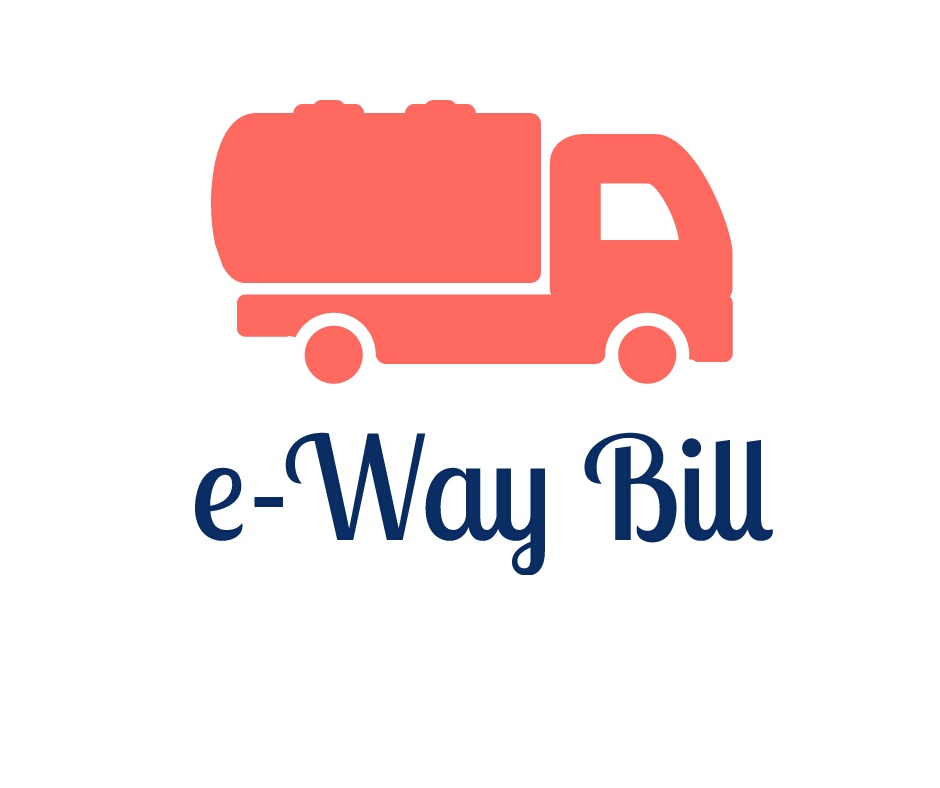The Rs 50,000 threshold for e-way bills under the goods and services tax (GST) regime may be raised in order to reduce the scope for harassment and return of the so-called inspector raj.
The GST Council may also simplify procedures to improve ease of doing business, said officials aware of the matter. “There is a thinking that it should be raised,” said one official. A proposal to this effect could be taken up when the council, the apex decision-making body for GST, meets on August 5.
The council could also discuss rationalisation of tax rates on some goods and services following representations and feedback after GST was implemented on July 1. It will also take stock of implementation, including the tech backbone and ease of filing.
An e-way bill is required to transport any item worth more than Rs 50,000 within the country. It is proposed as a permit of sorts in electronic format that will have details of the goods being transported. There are fears it could become a tool of harassment and corruption, undermining GST’s gains.
The GST Council is yet to approve the rules governing e-way bills with states divided over whether the framework was needed and the procedures involved.
Arriving at a consensus on e-way bills will be critical in resolving one of the key impediments in achieving GST’s fullest benefits.
It will help ease the transport of goods across state borders.
The council has allowed states to follow existing waybill frameworks until the rules are approved. Initially, the Centre had also opposed e-way bills but gave in to demands by some states. The GST Network will generate e-way bills that will remain valid for one to 15 days, depending on distance.
One-day permits will be for distances up to 100 km while a 15-day permit will allow more than 1,000 km transit, according to the draft rules. These could be eased further, said the officials cited above.
One-day permits will be for distances up to 100 km while a 15-day permit will allow more than 1,000 km transit, according to the draft rules. These could be eased further, said the officials cited above.
Efforts are underway to make use of technology by relying on RFID chips and QR codes for non-intrusive monitoring. The logistics industry, especially courier services, have expressed concerns over the proposed e-way bills.

 Toll Free:
Toll Free:  Contact Us
Contact Us


